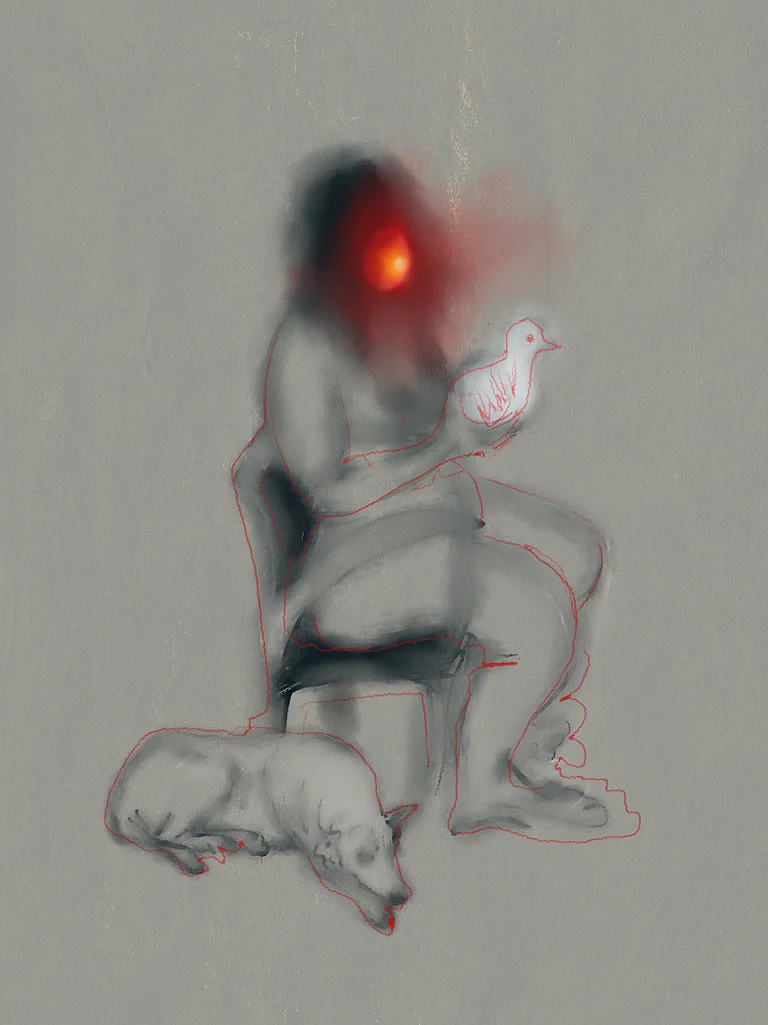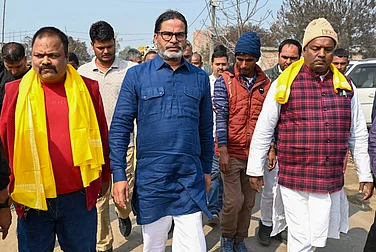On Tuesday, the Supreme Court observed that the Central government has yet to act on Collegium recommendations for the appointment of nine High Court judges and the transfer of twenty-six others.
Among these recommendations is the proposal to appoint the Chief Justice of a particularly sensitive High Court, as stated by a panel consisting of Justices Sanjay Kishan Kaul and Sudhanshu Dhulia.
"26 transfers pending. What is pending is even the appointment of a Chief Justice at a sensitive High Court. Nine are pending without being returned, I have the data," Justice Kaul orally remarked, as reported by Bar and Bench.
The Supreme Court's reference to the sensitive High Court is likely directed at the Manipur High Court. This assertion arises from the recommendation made on July 5 to appoint Justice Siddharth Mridul, currently serving on the Delhi High Court, as the Chief Justice of the Manipur High Court.
During a hearing in response to a plea filed by the Advocates Association Bengaluru, the Supreme Court subtly expressed its dissatisfaction with the delay in acting on such appointments.
The Advocates Association Bengaluru argued that the Central government's failure to promptly process the Collegium's recommendations for judicial appointments violated the principles established in the Second Judges case. The Supreme Court had previously sought a response from the Union Law Secretary on this matter in November of the previous year.
During the recent hearing, advocate Prashant Bhushan highlighted the fact that potential candidates were withdrawing their names from consideration due to the prolonged delays in the appointment process.
Senior Advocate Arvind Datar emphasized the adverse consequences of segregating names during the appointment process and added that such delays not only harmed the legal profession but also caused embarrassment to the candidates involved.
In response, the Supreme Court indicated that it refrained from making further comments at this time because the Attorney General had requested a week's time to gather instructions on the matter.
The Supreme Court had previously observed in November of the previous year that the seniority of judges was being adversely affected when the Central government selectively chose individuals from the names recommended by the Collegium for judgeships. The Court also lamented that the appointment delays were dissuading highly qualified first-generation lawyers from joining the bench.
Furthermore, the Court emphasized that while the government could convey its objections to the Collegium's recommendations, it could not simply withhold names without providing specific reasons for reservations. Justice Kaul further remarked that qualified individuals should join the bench, and adherence to appointment timelines should be maintained unless there were exceptional reasons for deviation.


























